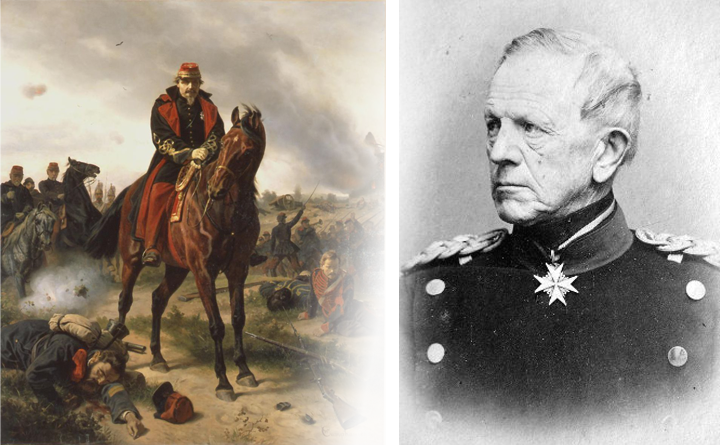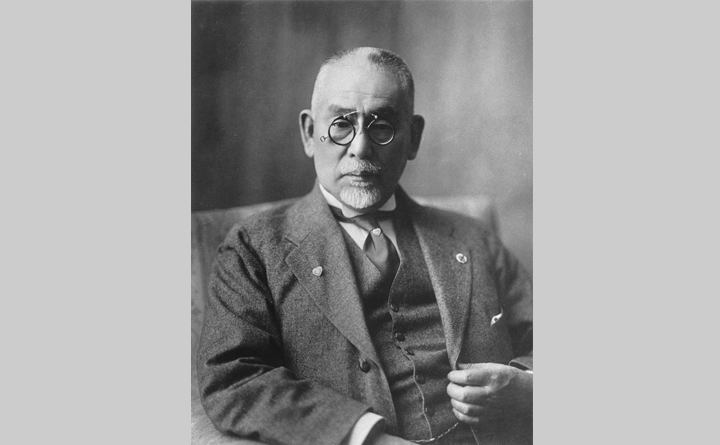There was an interesting scene in the movie “Shin Godzilla” which premiered in Japan in 2016.
A humongous, lizard-like beast, later on named “Godzilla”, emerges in Tokyo. A group of experts urgently convenes for a meeting, in which three scholars argue:
A: It is extremely hard to tell if it is an ancient dinosaur, or sort of a whale subspecies, or something else entirely, just from what we saw on the tv screen.
B: An unprecedented aquatic creature has invaded Japan - that’s all I can say for now without further field investigation.
C: We can’t even confirm if the monster is real simply judging from the image. An argument based on speculation is not science.
the movie “Shin Godzilla”
Meanwhile, Godzilla lands from Tokyo Bay and destroys all of the surrounding buildings and bridges… As scholars, their conversation is 100% legitimate. However, the prime minister in the movie slams them by saying, “This is a complete waste of time! Those academic flunkies are useless”. The prime minister, who was hoping to obtain meaningful insight from them, had no choice but to make decisions without any guidance.

In this issue, I would like to talk about making decisions under uncertainties. How should we judge the scientific legitimacy or reasonability of decisions in such situations? When I organize training programs for companies, the participants engaging in case studies often comment: “I need more information in order to make a decision.” What information would be sufficient to make a decision, then? What makes it complicated is that as more time passes, more information is generated, and the situation inevitably becomes more and more fluid. Obviously, a decision must be made at some point.
The first thing to keep in mind is that so-called strategic thinking works just like a mathematical function in that it connects the input and output. A function yields output regardless of the amount of information. Strategic or logical thinking is the same: even when the information is limited, a conclusion is obtainable within the given inputs. More information does not necessarily lead to a better conclusion; in fact, the ancient saying, “moving swiftly is more important than perfecting a strategy” is oftentimes correct (of course, it is essential to ensure the best reasonability and objectivity possible when making a decision within the limited time frame).
Another important thing to keep in mind is that it is too late to start thinking about a solution after the problem arises.
When the Franco-Prussian War erupted, the Prussian general, von Moltke, was sound asleep in his bedroom. In the middle of the night, a messenger ran to his house, woke him, and said: “Napoleon III has declared war!”
Moltke silently went to his study and grabbed a booklet. He then handed it to the messenger saying: “Follow this…”
Then he went back to sleep. By early morning, 500,000 Prussian soldiers were ready at the border. The French were defeated, and the Napoleon III empire consequently surrendered.

There is another memorable episode in Japan. The Great Kanto Earthquake, one of the most disastrous events in pre-war Japan, occurred on September 1, 1923. An estimated 1.9 million people were affected, of which 105,000 died or went missing. Seeing the devasted Japan, Goto Shinpei assumed the position of Home Minister. On September 6, five days after the earthquake, Goto submitted to the Cabinet the “Imperial Capital Reconstruction Plan”. It indicated:
・Tokyo is the imperial capital, thus the center of governance and culture of the nation. Therefore, the purpose of the reconstruction plan must not be limited to recovering the functionality of an urban city; it must be to build the basis for the nation’s development and improve the lifestyle of its people.
・The earthquake must be taken as a great opportunity to construct the ideal imperial capital.
・If we hesitate or do not move quickly enough now, we will miss this opportunity and forever regret it.
“Imperial Capital Reconstruction Plan”
This is extraordinary.
Goto originally conceived the idea which became the basis of the Plan when he was the Governor of Tokyo. Due to various difficulties, Goto’s idea did not come to fruition. However, his insight and ability to propose a blueprint of a radically reconstructed Tokyo in less than a week after the earthquake, as well as his spirit to turn people’s mind positive so they can see the tragedy as an opportunity for the betterment of Tokyo, are just remarkable. The extraordinariness of this episode is evident as we are still struggling with setting a clear reconstruction policy for post Tohoku Earthquake Japan.

In a critical moment, action-taking based on mere emotions is clearly risky; having the ability to make decisions and cope with the situation based on objective facts and logic is crucial. At the same time, the timing of making decisions is more important for good leadership. Let’s keep in mind that the ability to instantaneously set out a strong vision requires one to have a broad and long-term viewpoint, which is not formed in a second but rather through routine practice and daily effort.
A manager must draw a conclusion for any challenge within a given timeframe. The same applies to one’s life decisions. Our life is limited, and circumstances change in real time. As Toshiwo Doko said, “Failing to make a decision when one is needed is a hopeless failure”.
If you are still concerned with the lack of information when making decisions, try to routinely simulate different possibilities with broad perspectives. This habit will help you polish your insight for when you need it the most!